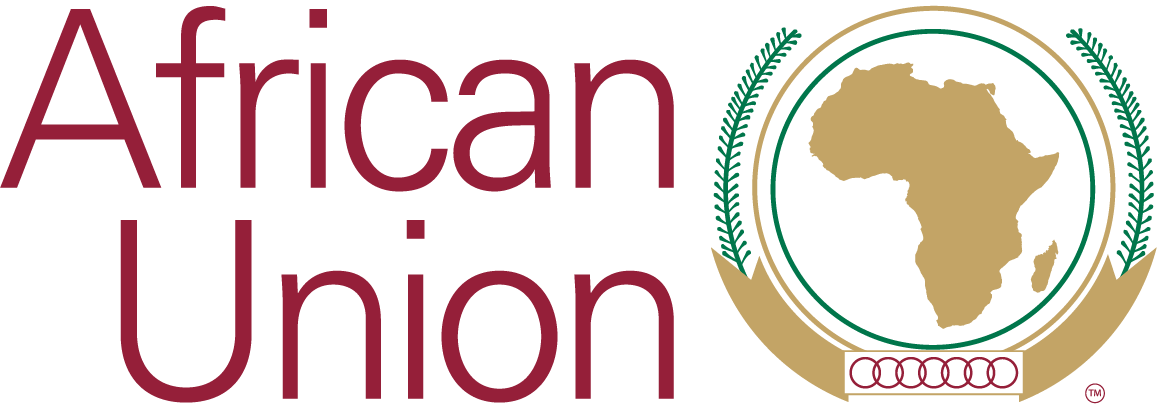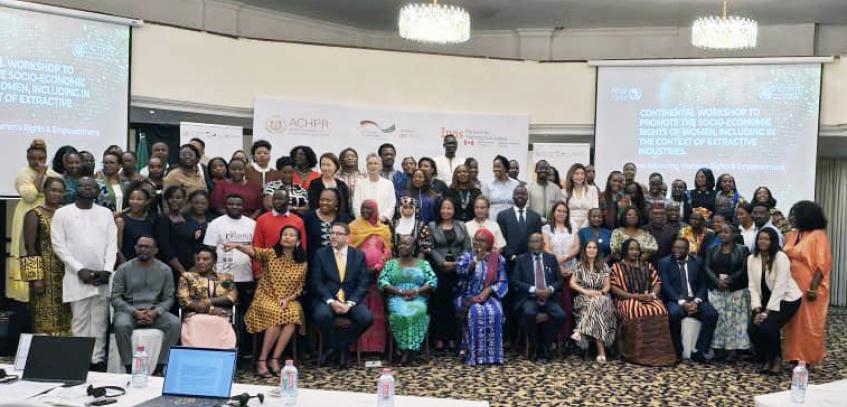The Vice-Chairperson of the Committee on Transport, Industry, Communications, Energy, Science, and Technology of the Pan-African Parliament (PAP), Hon. Amina Ali Idriss, has bemoaned the lack of implementation of legal frameworks that address and promote women’s rights in Africa.
She observed that despite the existence of frameworks such as the Convention on the Elimination of All Forms of Discrimination Against Women (CEDAW), the African Charter on Human and People’s Rights, the Maputo Protocol, the real challenge lies in their lack of effective and concrete implementation.
She stressed that Africa’s commitments will only make sense if the Continent succeed in transforming declarations into visible results in the daily lives of African women, and only then, will the Continent be able to build a prosperous and inclusive Africa that is faithful to its Agenda 2063 vision.
Speaking at the Continental workshop to promote the socio-economic rights of women, including in the context of extractive industries organized by the African Commission on Human and People’s Rights (ACHPR), Hon. Amina Ali Idriss, noted that women are too often left on the sidelines, even though they bear a disproportionate share of the social, economic, and environmental consequences of natural resource exploitation.
“Reaffirming our commitments therefore means: Ensuring the full and effective participation of women in decision-making bodies concerning natural resources and mining; Ensuring the equitable sharing of economic benefits from extractive industries so that local communities, and women in particular, can benefit; Protecting the rights of women workers in the extractive sector against all forms of discrimination, precariousness, and exploitation; and Investment in training, research, and innovation to empower women to not be only beneficiaries but also actors and leaders in Africa's economic transformation” she pointed out.
Contributing to plenary discussion at the workshop, Hon Chindaculema Sarfina Filipe Franco, a Member of the Committee on Corporation, International Relations and Conflict Resolution, noted that cultural influences, low living standards, socioeconomic factors, and lack of information influence early marriages.
“Regardless of whether it's desired or not, early pregnancy can increase the risk of death for both mother and baby because the body is not yet prepared to carry a baby, much less give birth. Adolescents' place is in school, not to start a family,” she admonished.
Background
The extractive industries, including mining, oil, and gas, are critical to Africa’s economic development. However, these industries often exacerbate gender inequalities, with women
facing limited access to employment, unequal pay, and exposure to health and safety risks. As
documented in the ACHPR’s 2021 Background Study, the extractive sector across Africa has
often operated in a human rights vacuum, leading to systemic environmental degradation, land
dispossession, and widespread socio-economic disempowerment. Women in particular bear the
brunt of these injustices, as they are frequently excluded from compensation mechanisms,
disproportionately exposed to toxic pollution, and denied participation in governance and benefit-sharing frameworks.
Compounding these challenges is the lack of access to comprehensive sexual and reproductive health and rights (SRHR), which limits women’s autonomy and undermines their ability to advocate for better conditions and protections within these industries. Additionally, women in communities affected by extractive activities often bear the brunt of environmental degradation, loss of livelihoods, and social dislocation, further heightening their vulnerability. Addressing these intersecting challenges, including access to SRHR, is essential for empowering women and achieving inclusive and sustainable development.
To address these challenges, the African Commission on Human and Peoples’ Rights (ACHPR)
in partnership with Ipas proposes a Continental Workshop to promote women’s socio-economic
rights, including women’s rights in the extractive industries, focusing on education, health, social protection and SRHR. Recognizing the critical role of SRHR in enabling women to overcome barriers to education, employment, and decision-making, the workshop will explore strategies to strengthen the implementation of AU instruments, address gender disparities, and empower women to participate fully in socio-economic development. This holistic approach seeks to ensure that women’s rights are upheld across all dimensions of their lives.
The overarching objective of the workshop is to create awareness about the socio-economic rights of women, including rights of women in the extractive industries, women with disabilities, elderly and young women and address systemic and structural issues that perpetuate violation of these rights with particular focus on education, health, and social protection.








